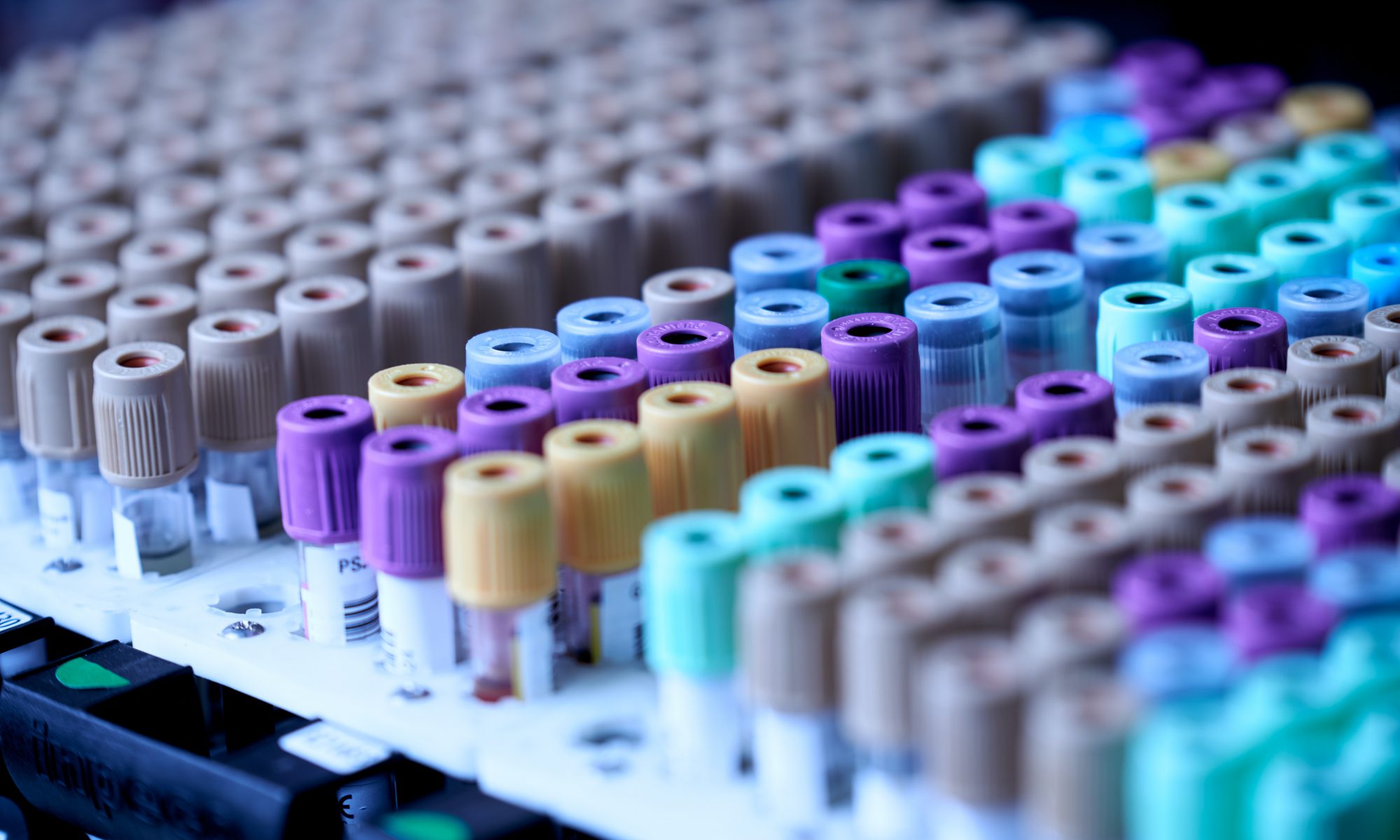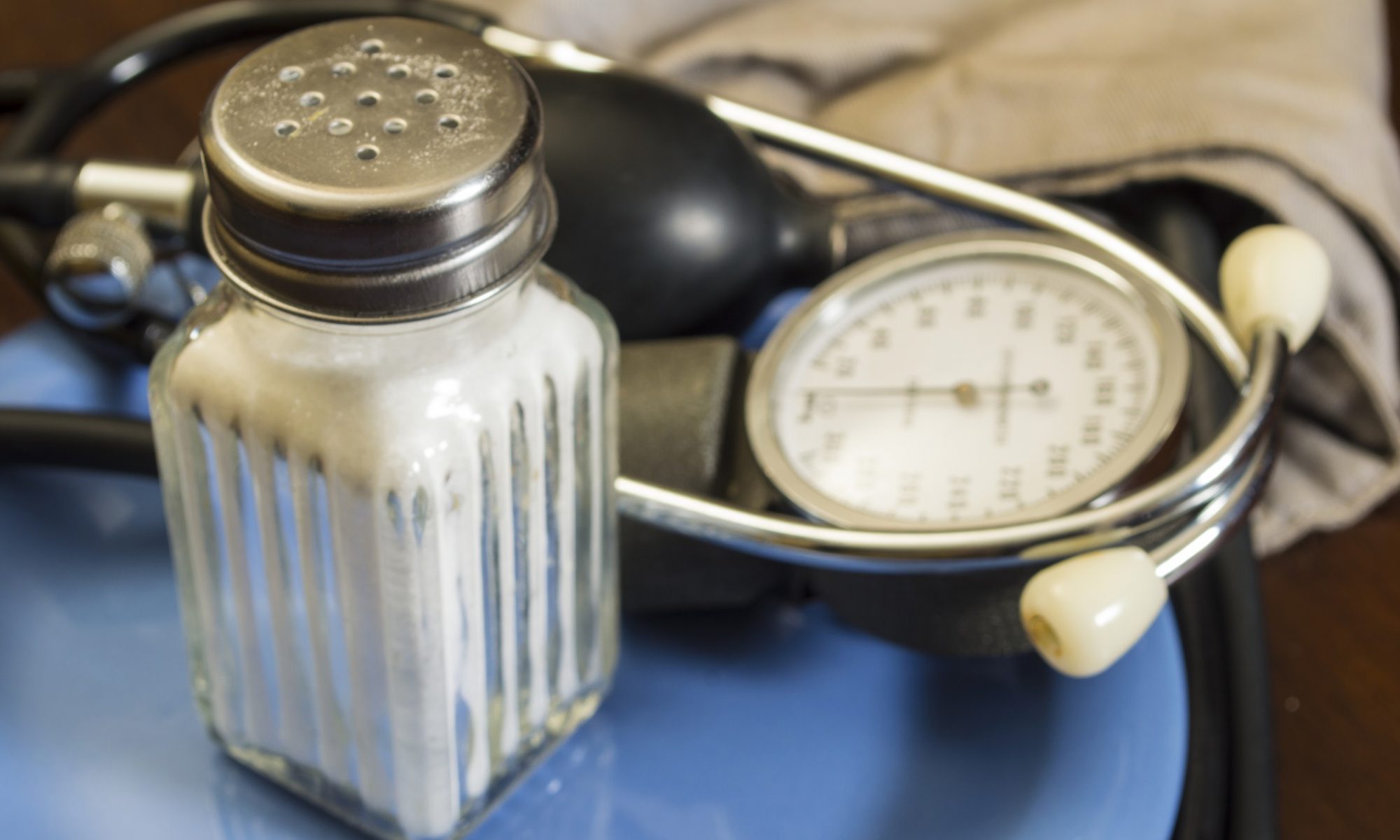In the early hours of January 7th, the cardiothoracic surgeon Bartley Griffith, unable to sleep, went to his kitchen to make coffee. It was about 2 a.m. His usual mug is tall, and he had to remove the stand from his Krups machine in order to fit it. “Next thing I realized, I had coffee all over the floor. I had forgotten to put the cup under,” Griffith told me. “You get a bit wiggly, a bit superstitious.” He asked himself, “Do you know what you’re about to do?” Griffith has forty years of surgical experience. But later that morning he was scheduled to perform a surgery that would be unusual even for him: the world’s first transplantation of a pig’s heart into a human. Read more.
‘We take so much for granted in this life’ | Georgia man reflects on lung transplant, COVID-19 diagnosis that nearly killed him
JACKSONVILLE, Fla. — Matt Rogers is a walking and talking miracle.
He says a COVID-19 diagnosis last year should have killed him.
“Apparently COVID didn’t like me at all. So, we just had a rough time going through it,” he remembered. Read the full story.
Cancer, Infection Risk Higher in Transplant Patients Than Rejection
Cancer, infection, and heart disease are greater risk factors for death in kidney transplant recipients who die with a functional graft than organ rejection, a retrospective Mayo Clinic cohort study indicates.
“It’s important to have immunosuppression to protect people from rejection but we wanted to be able to say, ‘What are the other causes of kidney failure that we might be able to identify that help improve longer-term outcomes’,” co-author Andrew Bentall, MBChB, MD, a Mayo Clinic nephrologist, told Medscape Medical News.
How a Low-Protein Diet Can Delay Dialysis in Patients With Chronic Kidney Disease
At any given time, an estimated 15% of the US adult population has chronic kidney disease (CKD). It manifests as reduced kidney function to below 60% of its normal range (estimated glomerular filtration rate < 60 mL/min/1.73 m2) or by spillage of protein into the urine. The many causes of CKD include diabetes, hypertension, glomerulonephritis, and cystic kidney diseases. CKD is an irreversible malady with no known cure, and it invariably worsens over time. CKD is associated with higher mortality risks as it advances. If the patient does not die of cardiovascular or infectious events, end-stage renal disease ensues and the patient requires maintenance dialysis therapy or kidney transplantation to survive.
Each year, 130,000 Americans transition to dialysis, which is not only costly but also associated with poor health-related quality of life and an early mortality of more than 20% in the first year. Hence, slowing CKD progression and preventing or delaying dialysis can have major favorable implications for CKD outcomes. Read more.
Kidney From Deceased COVID Donor Safely Grafted in Recipient
A donor kidney from a patient who died of COVID-19 has been successfully and safely transplanted into a grateful recipient who, at 90 days, has shown excellent renal recovery and no signs of the virus, new research indicates.
The case report was published online January 13 in the American Journal of Transplantation. Read more.
‘Miracle man’ returns to skiing after heart transplant
By Katy Savage
Anthony Cosentino lay in a hospital with a pump connecting his leg to his heart to keep him alive. His muscle mass was gone and 90% of his heart had stopped functioning, but he remembers telling his doctors, “I’m going to ski again.”
Killington has been his go-to ski place since he was 5. Read the full story.
Creating ‘universal’ transplant organs: New study moves us one step closer.
Scientists successfully converted donated lungs into “universal” transplant organs in a proof-of-concept experiment. That means, theoretically, the lungs could be transplanted into any recipient, regardless of their blood type, as long as the organs were the appropriate size.
In the new study, published Wednesday (Feb. 16) in the journal Science Translational Medicine, the researchers ran experiments on the universal lungs in an ex vivo lung perfusion (EVLP) device, which keeps lungs alive outside the body. Within the next year-and-a-half, the study authors plan to test such organs in a clinical trial with human recipients, Dr. Marcelo Cypel, the surgical director of the Ajmera Transplant Centre, a professor of surgery at the University of Toronto and senior author of the study, told Live Science. Read the full story.
Pioneering protocol could enable transplant recipients to thrive without antirejection drugs
Performing human-organ transplants without the necessity for a lifetime regimen of immunosuppressive drugs has been an enduring goal for transplantation medicine.
Now, a new protocol being implemented at UCLA Health with select living-donor kidney-transplant patients is bringing that dream closer to reality.
“It is the Holy Grail,” says renal transplant surgeon Jeffrey Veale, MD, who has led the pioneering effort to develop the protocol. Read more.
Act of kindness: Former college roommate to donate part of his liver to save his friend
The college roommates had not seen each other in 21 years. But when Steven Robinson realized on a family trip to Detroit that he was within driving distance of Richard Koonce, he called his friend to ask if he could visit.
Koonce had introduced Robinson to his wife, Natalie, when they all attended Norfolk State University, a historically Black college in Virginia. When his old friend reached out he welcomed the couple and their three children to his home in Sandusky, Ohio, last summer.
Read the full story.
Top 10 Tips for Reducing Salt in Your Diet
When it comes to dietary sodium, less is certainly best, yet Americans today consume 50% more than the recommended daily quantities of sodium. Diets high in sodium increase blood pressure levels. High blood pressure damages the kidneys over time, and is a leading cause of kidney failure.
To help Americans reduce salt intake to the ideal one teaspoon per day, the National Kidney Foundation and Council of Renal Nutrition member Linda Ulrich offer 10 tips to reduce sodium in your diet. Read more.








